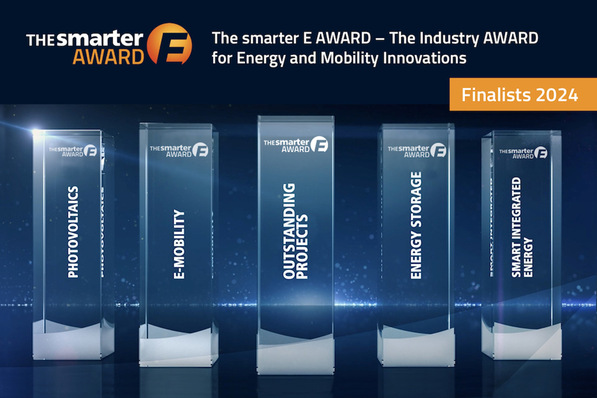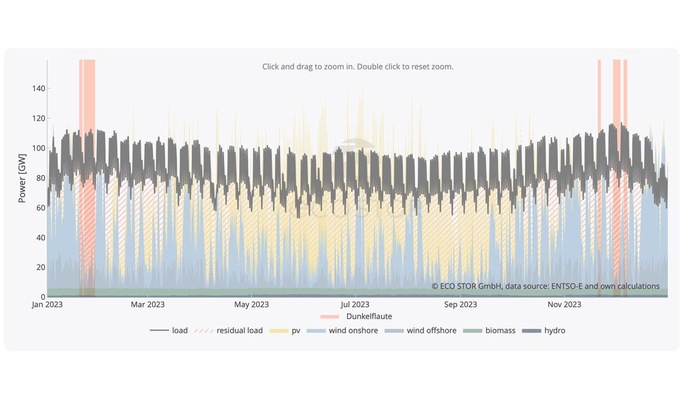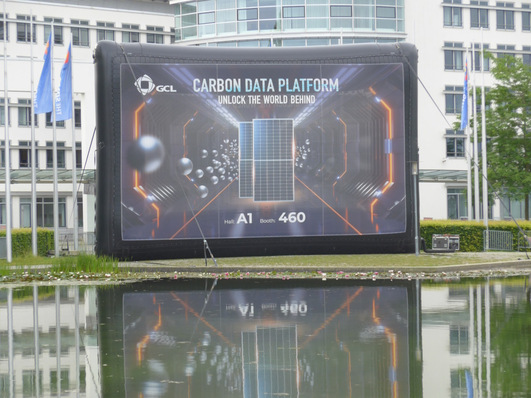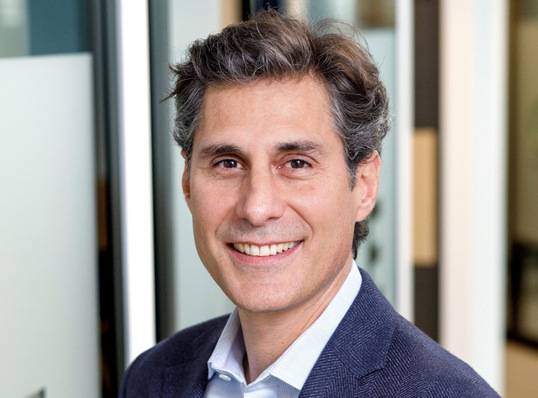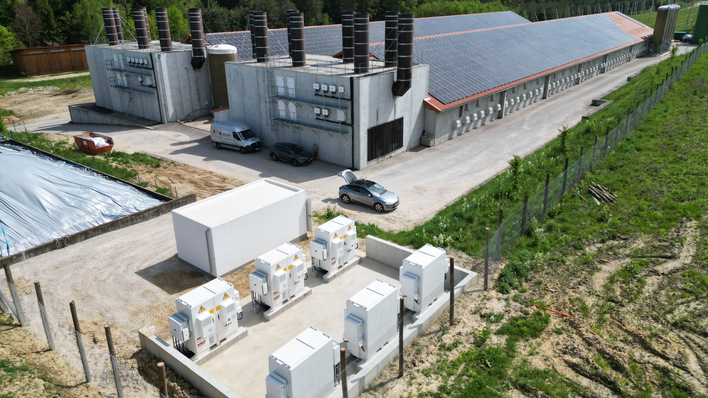Varta extends its research capacitiesOne important focus of an extended research and development centre in Graz/Aust is on new materials and recycling.Varta is further expanding its capacities for the research and development of next-generation batteries. With the expansion of Varta Innovation, one of the most modern research facilities for battery technology in Europe is being created at the Graz (Austria) site, the company announced.
Latest technologies for a wide range of applications
The work is nearing completion. In future, the latest technologies for a wide range of applications, from the Internet of Things (IoT) to the automotive sector, will be developed on an area of around 3,500 square metres. Full operation is scheduled for the beginning of the second quarter of 2024. By the end of the year, the number of international researchers, currently around 30, is expected to grow to 50. The work will focus on optimising existing battery technologies to make them more efficient and developing post-lithium technologies. Sustainability, the reduction of energy consumption in production and the use of recycled materials are a particular focus of development work.
Rainer Hald, CTO of Varta: "The expansion of our materials and basic research in Graz is a logical consequence. We want to consolidate our position as one of the technology and innovation leaders in the field of battery technology. There are particularly promising developments in post-lithium technologies, for example in the increasingly important field of decentralised energy storage, which is based on inexpensive, sustainable and unproblematic materials such as sodium. But there is also still a great deal of potential in lithium-ion technology, which we can realise through targeted research and development“.
Strengthening Europe as an industrial and research centre
Varta has been intensively involved in basic research in the field of cell chemistry since 2009. To this end, VARTA Innovation was founded as a research spin-off of Varta together with Graz University of Technology, one of the leading universities in the field of battery research in Europe. The long-standing cooperation between the technology group and the university enables effective collaboration and knowledge transfer for cutting-edge research in battery technology. Varta Innovation is already an international leader in basic and materials research, according to the company.
Did you miss that? Varta launches gigafactory for energy storage
The new building houses one of the largest test laboratories for batteries in Europe. The expansion will be financed by a total investment of 33 million euros, of which around ten million euros will be provided by funding from an IPCEI project (Important Project of Common European Interest) by the Austrian Federal Ministry for Climate Protection (BMK). The funding emphasises the importance of battery research in Europe and underpins the EU's efforts to strengthen expertise in this area within Europe. Varta`s willingness to invest is also a clear commitment to Europe as a business location, to whose economic resilience in competition with Asia and the USA battery technology makes an important contribution.
Silicon-based electrodes
Varta Innovation is currently focussing in particular on the development of silicon-based electrodes. Stefan Koller, Managing Director and Head of Research at Varta Innovation: "Silicon offers considerable development potential in the field of lithium-ion cells. It has three times the storage capacity for lithium ions than the graphite used today and is suitable for a wide variety of material combinations. We have already achieved our first major success here in Graz: The first generation of silicon-based electrodes in our small-format button cells can soon be transferred into mass production at Varta AG's headquarters in Ellwangen.“
Less problematic raw materials, more recycling
In order to make energy storage more sustainable overall, the Varta Innovation team is focusing intensively on research into the use of new materials, for example to reduce the use of cobalt or completely eliminate the use of this problematic raw material. The topic of recycling is also of particular importance in the work of Varta Innovation. On the one hand, the aim is to reduce the use of raw materials, water and energy in the production of cells. On the other hand, the aim is to return production waste directly to the manufacturing process without chemical treatment. Such a solution will be particularly crucial in the field of electromobility and is in line with the aim of the EU Battery Passport, which requires battery manufacturers to use recycled materials in future. (hcn)



